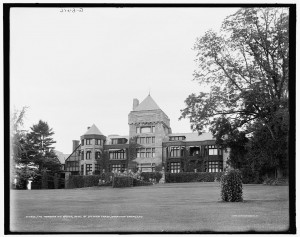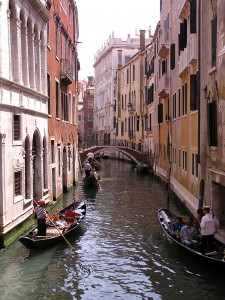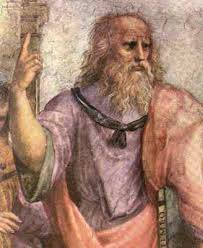 To Robert Traill Spence Lowell Jr.
To Robert Traill Spence Lowell Jr.
Via Santo Stefano Rotondo, 6
Rome. June 5, 1949
Those intrigues about Yaddo were surely too trivial, after all that the war and the peace have shown us of human folly, to make you suddenly despair of the world. I may be wrong; because as I never at any age imagined that the world was rational or decent, fresh scandals seem to me a matter of faits divers such as one expects to find in the papers. You, a Lowell, a Bostonian, a descendent of Jonathan Edwards, have a strong conscience that cannot endure the thought of acquiescing in evil by letting it alone. Your morality must be militant, even when it cannot be victorious or when the victory won here would breed a greater evil there. I quite understand that, and try to do justice to it in the book I am at work on, where “The Militant Order of Society” is one of the chief divisions. And I know that what is imposed by force or authority for a season, say in education or training, may grow into the flesh, possibly (indirectly) even into the heritage of the race, so that the practice of that kind of virtue will become a part of the “Generative Order of Society” instead of a part of the “Militant Order”. In other words what was tyranny may become free virtue.
But now, this way of passing from forced and painful virtue to natural goodness is the way of evolution, summed up by Bergson at the end of his Deux Sources by announced that men are destined to become gods. But this, for a Christian, is blasphemy. Supernatural grace may sanctify natural powers when they are exercised expressly for supernatural ends, like St. Paul “eating and drinking for the glory of God”. But human nature can never become divine; it may be at best, as in Christ, humbly obedient to divine control, always against the natural will, as in Christ praying in the garden. And the moral preference for effort over joyful conformity and for progress over perfection is characteristic of liberal Protestants and modern Jews, and utterly un-Catholic. I think, therefore, that your quarrel with the Spirit that seemed to prevail at Yaddo, and strong proposals for reforming it, or even your disgust at seeing friends misunderstanding your motives, could have been only incidental occasions for reviving your faith in the Church.
From The Letters of George Santayana: Book Seven, 1941-1947. Cambridge, MA: The MIT Press, 2006.
Location of manuscript: The Houghton Library, Harvard University, Cambridge MA

 To Charles Augustus Strong
To Charles Augustus Strong To Ralph Barton Perry
To Ralph Barton Perry To Charles Augustus Strong
To Charles Augustus Strong To Charles Augustus Strong
To Charles Augustus Strong